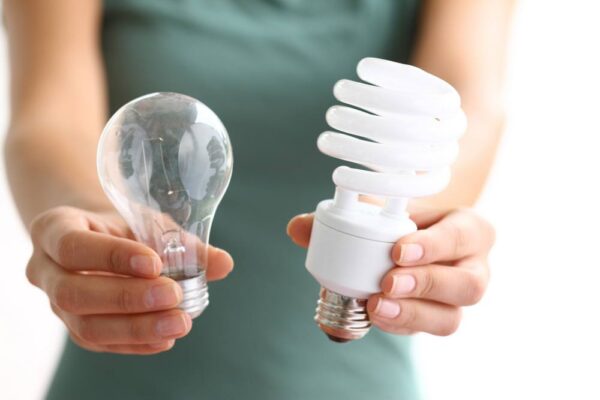
Protecting the Planet: 5 Items You Didn’t Know You Could Recycle

Glass, paper and cardboard — this is typically what springs to mind when you think about recycling, right? While these are the most common materials to place in your recycling bins, there are actually so many more items that can be properly sorted and managed to reduce how much waste enters landfill.
We’ve all got to do our bit for the environment and ensure we’re not sending unnecessary amounts of rubbish to the dump. However, the Department for Environment, Food and Rural Affairs (Defra) revealed that the UK household recycling rate was 43.8% in 2020/21, proving that increasing awareness for what can be recycled and how to do so is a high priority. Here we’re going to look at five items you didn’t know could be recycled.
WEEE
WEEE stands for Waste Electric and Electronic Equipment — a category of products that are battery or plug operated. This includes things like game consoles, computers, phones, and large household items such as fridges, ovens and washing machines. These not only fill up landfill space, but release harmful toxins into our waterways and the air. Globally, over 50 million tonnes of electronic waste is created yearly, with the UK being one of the worst offenders.
These products can be recycled, but they must be handled by trained professionals as WEEE waste often combines a mix of complex and dangerous components which could pose a health and safety hazard. As London-based waste management company Bywaters states: “heavy metals can leak and contaminate soil or water supplies. This is why it’s crucial to find methods of WEEE recycling which eradicate the chances of these issues harming wildlife or people”.
Medicine blister packs
Medicine blister packs are made of a combination of materials that make them hard to recycle (the cardboard packaging can always go in your household recycling bin, though). Blister packs can’t be recycled at home, but the good news is that recycling schemes are popping up all over the UK. These allow people to drop off their empty packs and prevent them from entering landfill where they fail to biodegrade for a long time.
Health and beauty retailer Superdrug and other designated pharmacists are currently part of a recycling scheme for these items, offering drop-off points at specific locations. Once collected, the blister packs are separated by polymer types and cleaned if needed, before being compressed into plastic pellets that can be reused for new products. We know it’s often more convenient to just throw your blister packs in your normal bin, but saving them up for proper disposal will do the environment a favour.
Coat hangers
Dubbed the ‘fashion industry’s plastic straw’ back in 2019, coat hangers are still a menace for the planet, with some styles taking up to 1,000 years to biodegrade. These often contain a combination of seven different types of plastic that can be hard to separate.
We recommend taking your old coat hangers to a specialist recycling company that manages complex materials and is equipped with the right machinery to separate and sort different elements. The plastic in your coat hangers is recyclable when sorted accordingly, ready to be turned into new items.
If you have wire ones though, the metal recycling and copper recycling section of your local sorting centre will likely accept them, as long as they contain no other materials. The same goes for wooden hangers — be sure to place these in designated wood recycling containers to ensure they’re reused.
Light bulbs
Incandescent and halogen light bulbs cannot be recycled. Don’t be tempted to place these in your glass recycling as they are made with a different kind of glass and often contain metal components. These go straight into the general waste. On the other hand, energy efficient fluorescent light bulbs (which are more commonly used nowadays) are recyclable. You should always identify the type of light bulb first though, as some FLs and some LEDs contain harmful materials.
As the bulbs contain mercury (harmless during use), the item must be disposed of correctly with the help of a professional recycling company. These can also be collected by larger household waste centres — check your local provider for accurate information. You can search your postcode to find your nearest recycle light location here.
Batteries
Improper disposal of batteries can be a significant environmental problem, as they are full of hazardous and corrosive materials, including mercury, lead, lithium and cadmium. When thrown into your household bin, used batteries end up in landfill, where the chemicals within the product leak into the soil and contaminate our waterways.
Recycling your used batteries is actually very simple, however. Many specialist companies will arrange a collection for you to make sure the product is safely managed. There are also various collection points around the UK for you to drop off your batteries, with the likes of charity shop Cancer Research UK offering this service. Your local council may accept these as part of their household recycling schemes too, so make sure to check with them.











































